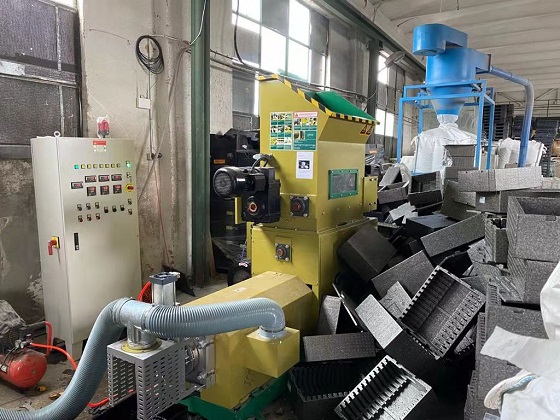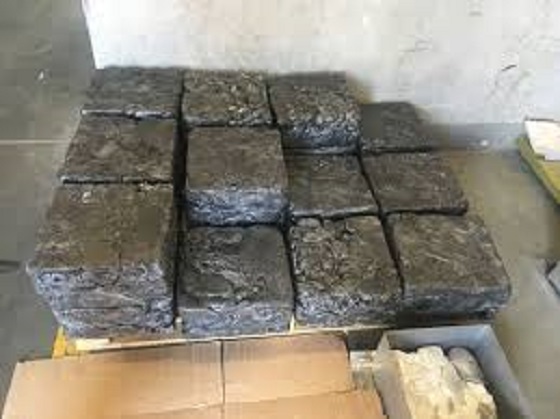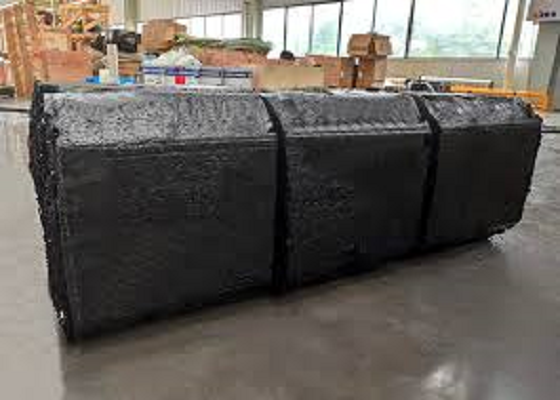Introduction to Expanded Polypropylene (EPP) Recycling
Expanded Polypropylene (EPP) is an extremely flexible plastic material with unique properties such as lightweight, high strength, high toughness, impact resistance, thermal and acoustic insulation, environmental protection and many other advantages. EPP is essentially a closed cell foam made from polypropylene beads. The manufacturing process involves heating the polypropylene beads, causing them to expand and fuse together to form a foam.

EPP exhibits excellent energy absorption properties, high impact resistance and good insulating properties. In addition, it is lightweight, durable, effective against moisture, chemicals and UV radiation. Depending on the application and the desired performance, EPP can be produced in different densities.
EPP has a large number of applications in various sectors of society. In the automotive industry, EPP is used to create impact-resistant bumpers, door panels, and interior trim, and also plays an important role in noise and vibration damping. In the sports equipment industry, EPP is used in helmets, protective gear and pads due to its outstanding energy absorption properties. In the packaging industry, EPP can be used to create protective packaging for fragile and delicate items, such as foam blocks and trays. In the construction industry, EPP is used as insulation for roofs, walls and floors, as well as a lightweight filler material.

EPP is a highly recyclable plastic that can be efficiently converted into new products. The process of recycling EPP begins with crushing the material into smaller pieces, followed by melting it and molding it into new products. Recycled EPP can be used in a variety of applications, such as automotive parts, sports equipment, packaging materials and construction materials.
Recycling EPP can make a significant difference in minimizing waste, saving resources and significantly reducing greenhouse gas emissions. It also protects the environment by preventing pollution and promoting ecosystem protection. In addition to significantly reducing waste generation, recycling EPP can help save energy and significantly reduce the carbon footprint associated with the production of entirely new materials.

It is essential to ensure that the EPP recycling process is completed correctly and completely to maintain the quality of the recycled material. Correct sorting and proper disposal is critical to ensure that the recycled EPP material is of high quality and can be used to produce new products. By recycling EPP, companies can play an active and significant role in creating a more sustainable future for the planet.
GREENMAX has the technology and capability to provide effective solutions for large quantities of EPP waste, and is committed to serving all types of businesses with a passion and determination to create a sustainable future for businesses by minimizing waste and conserving resources. It is passionate and determined to create a sustainable future for companies by minimizing waste and conserving resources, and to be the best partner for companies in their pursuit of sustainable development.
